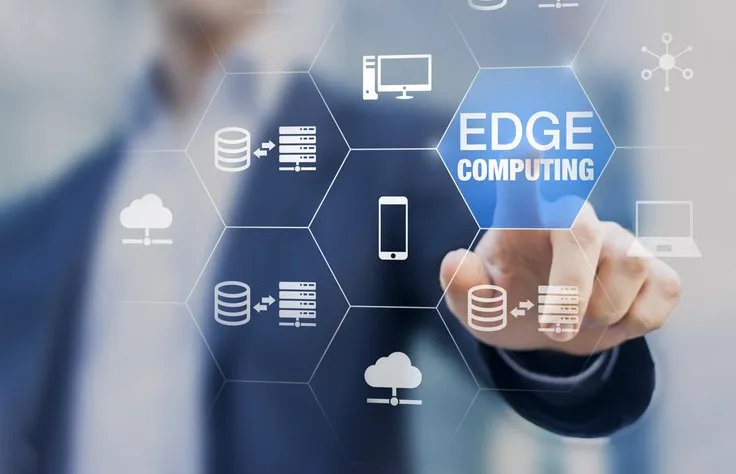
Edge computing is revolutionizing the way data is processed and analyzed. Unlike traditional cloud computing, where data is sent to centralized servers, edge computing brings processing closer to the source of data—whether it’s IoT devices, sensors, or mobile applications.
Reduced Latency – Data processing happens near the source, enabling faster response times.
Lower Bandwidth Costs – Less data needs to travel to centralized servers, saving network resources.
Real-Time Analytics – Critical for applications like autonomous vehicles, smart cities, and industrial IoT.
Enhanced Security – Sensitive data can be processed locally, reducing exposure risks.
Scalability – Edge nodes can be added incrementally as data demands grow.
Autonomous vehicles and drones
Smart manufacturing and predictive maintenance
Retail analytics and personalized customer experiences
Healthcare monitoring devices and telemedicine
Edge computing is becoming a cornerstone of modern IT infrastructure, enabling businesses to process large volumes of data efficiently while delivering fast, secure, and actionable insights.
Share This News